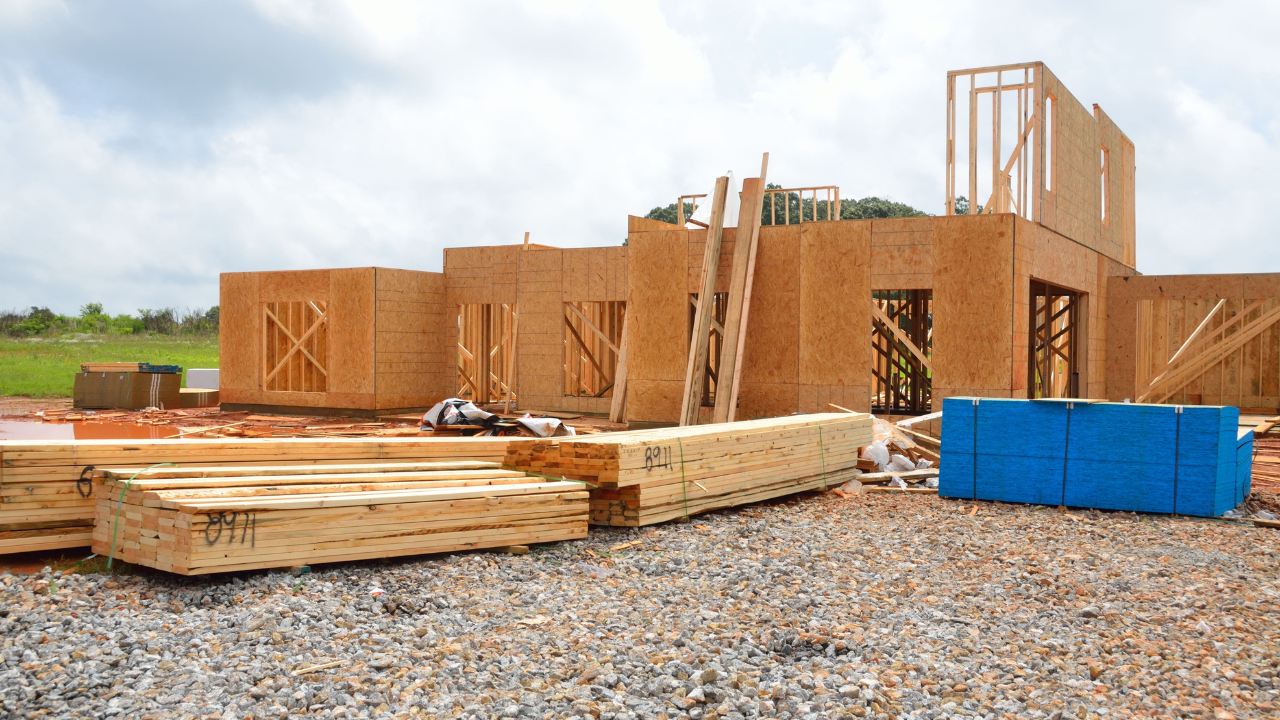
Building a new house can be an exciting and daunting process. You have the chance to design every detail of your dream home. But, you may feel overwhelmed by all the decisions and work that come with it.
Estimating the construction costs is one of the first and most crucial steps in creating your dream home. This step not only helps you plan your budget but also allows you to make informed decisions on materials, finishes, and features for your new house.
I will guide you through estimating house construction costs. You will learn what to expect before starting your build. Whether you are building from scratch or renovating an existing property, I will provide valuable insights for anyone embarking on a residential construction project.
Step-by-Step Guide How to Estimate House Construction
Estimating the cost of building a house requires careful planning and accurate calculations. Here is a comprehensive guide to help you through the process:
Define the Scope of the Project
Outline all aspects of your project, including the house’s size, type, and complexity. This includes:
- Number of stories
- Total square footage
- Type of materials required
- Architectural features
- Interior and exterior finishes
Create a Detailed Project Plan
Develop a detailed plan that breaks down the construction process into phases and tasks. This plan should include:
- Site preparation and foundation
- Framing
- Electrical, plumbing, and HVAC systems
- Insulation and drywall
- Roofing, windows, and doors
- Interior finishes (flooring, cabinetry, etc.)
- Exterior finishes (siding, painting, landscaping)
Obtain Design and Engineering Plans
Work with architects and engineers to get detailed design and structural plans. These plans are essential for accurate material takeoffs and labor estimates.
Conduct a Material Takeoff
List all the materials needed for each construction phase from the design plans. Include quantities and specifications such as:
- Lumber and framing materials
- Concrete and masonry
- Insulation and drywall
- Roofing materials
- Windows and doors
- Flooring and finishes
Research Material Costs
Get up-to-date prices for all materials required. You can obtain these from suppliers, online resources, or industry publications. Remember to account for potential price fluctuations.
Estimate Labor Costs
- Determine the labor required for each task in your project plan. Calculate labor costs by:
- Identifying the types of labor needed (e.g., carpenters, electricians, plumbers)
- Determining the hourly rates for each type of labor
- Estimating the number of hours required for each task
Account for Permits and Fees
Include costs for building permits, inspections, and any other fees associated with regulatory compliance. These vary by location and should be researched early in the process.
Calculate Overhead and Profit
Factor in overhead costs such as project management, insurance, equipment rental, and administrative expenses. Also, include a profit margin to ensure profitability.
Add Contingency Funds
Always include a contingency budget to cover unexpected costs or changes in the project scope. A typical contingency fund is around 10-15% of the total estimated cost.
Compile the Estimate
Combine all the costs from the previous steps to create a comprehensive estimate. This should include:
- Direct costs (materials and labor)
- Indirect costs (permits, fees, overhead)
- Contingency funds
By following this step-by-step guide tailored for estimating house construction and using Construction Estimating Services Florida, you can create a comprehensive budget plan that aligns with your project goals and ensures successful completion within your financial constraints.
Techniques for Accurate House Construction Estimates
Estimating the cost of constructing a house involves a detailed and systematic approach. Accurate estimates help manage budgets effectively and avoid financial surprises during the project. Here are some proven techniques to ensure precision in your construction estimates:
- The first step is to clearly define the project’s scope. This includes understanding the size, complexity, and specific requirements of the house you are building.
- Analyze data from previous similar projects. Reviewing past estimates and actual costs helps identify common areas where over-budgeting occurred and can improve future estimates.
- Work with your builder to develop a detailed construction contract. The more detail provided in the contract about materials, labor, timelines, and specifications, the more accurate your estimate will be
- Conduct a thorough material takeoff. List every material needed, including quantities and specifications. This ensures no material costs are overlooked and provides a comprehensive basis for your estimate.
- Stay updated with current prices for materials and labor. This includes regularly checking with suppliers and using online resources to track pricing trends.
- Factor in overhead costs such as project management fees, insurance, and administrative expenses. Include an appropriate profit margin to ensure the project’s financial viability.
- Include all necessary permits, inspection fees, and other regulatory costs. These can vary significantly depending on the location and should be researched early in planning.
- Always add a contingency fund to your estimate. This typically ranges from 10-15% of the total estimated cost and covers unexpected expenses or changes in project scope.
- Engage with experienced project managers, architects, and contractors. Their insights can help refine your estimates and provide realistic labor and material requirements expectations.
By using these techniques, you can make a detailed and accurate estimate. This helps in managing your house construction project well. Regular reviews and updates to the forecast, alongside consulting with industry experts, will further enhance the accuracy and reliability of your budget.
To read more articles visit Freebiznetwork
Conclusion
Estimating the cost of house construction may seem daunting and overwhelming, but it can be achieved successfully with the proper knowledge and tools. By following the steps, you can confidently estimate the budget for your dream home without any significant surprises or setbacks. Remember to research and compare prices from different contractors and suppliers thoroughly, account for hidden costs, and always have a contingency plan in case of unexpected expenses. Building your own home is a significant milestone, and by accurately estimating its price, you can ensure a smoother and more enjoyable building experience.